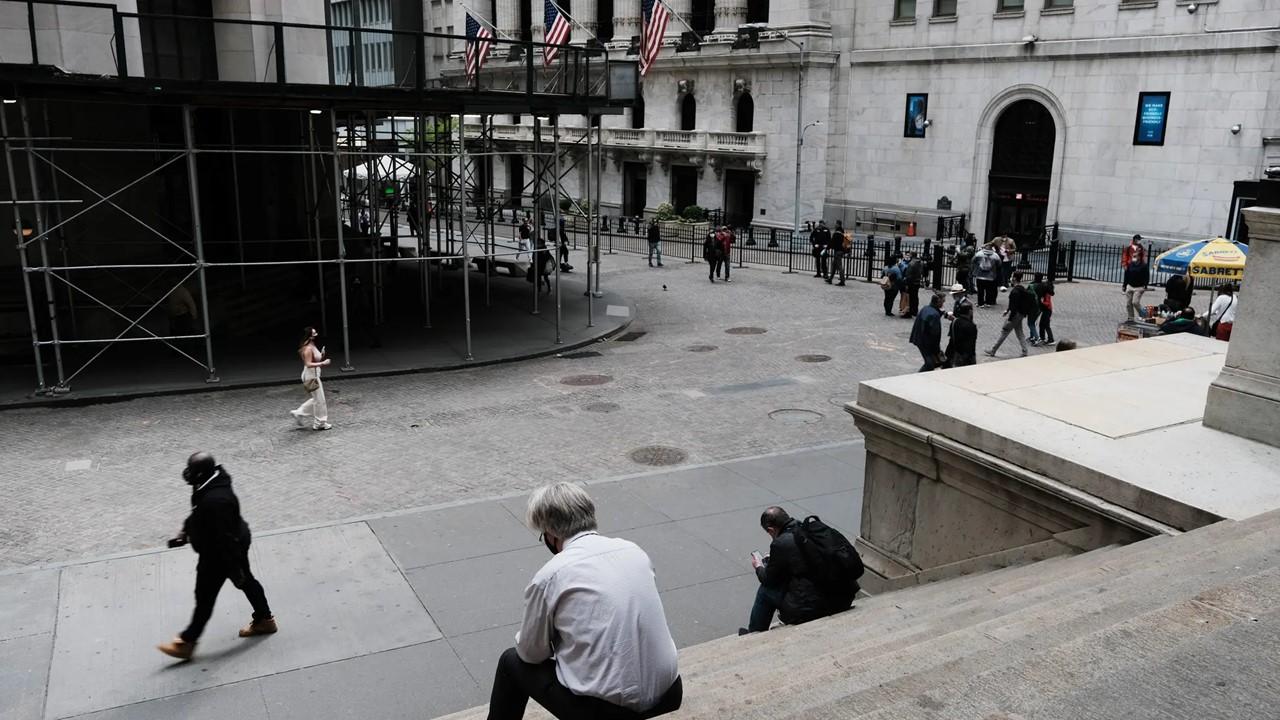What Does 'FUD' Mean in the Stock Market?
Another day, another acronym. What does "FUD" mean in the stock market? It stands for "fear, uncertainty, or doubt."
June 3 2021, Published 1:51 p.m. ET
Another day, another acronym. With the Tuttle Capital FOMO ETF paving its way in the market (catering to the crowd with a "fear of missing out"), another acronym is taking the stage—FUD.
Here's what FUD means in the stock market. It stands for "fear, uncertainty, or doubt."
The stock market acronym "FUD"
Like the fear index (VIX), FUD addresses the downside to popular stocks. Even amid times of immense growth, a stock's future remains uncertain. That doubt that FUD refers to often stems from the media. This means newspapers, news broadcasts, radio shows, and even—perhaps especially—social media. As more people begin to talk about a stock, more people are likely to hold and express adverse opinions.

FUD is often associated with meme stocks
Think about FOMO for a second. It can occur when a stock has large upswings in a short period of time. Investors might feel like they missed out by selling their stock too early or avoiding buying for too long. That's why the actively managed FOMO ETF has such a high expense ratio, because they're shifting the holdings frequently to line up with quick, sentiment-based market pivots.
FUD can occur at the same time. Large upswings don't mean the activity will continue. How much FUD an investor holds (especially in a meme stock situation) depends on their unique risk tolerance.
FUD can have a negative connotation in any situation.
Whether it's associated with meme stocks or not, active traders often view FUD in a critical light. After all, it refers to emotions, and emotions are often viewed as an obstacle to get past in order to reap the most rewards from a high-risk portfolio.
FUD isn't necessarily a negative thing. Fear, uncertainty, and doubt can help you avoid losing money that you can't afford to lose. That's why the professionals say to only invest what you can afford to lose, especially when you're dealing with individual stocks rather than a holistic portfolio with a reserved level of risk.
How to combat unnecessary FUD
For the FUD that might be holding you back, consider these few tactics:
Stop checking your long-term portfolio daily. Day trading (which has its own set of risks) and swing trading might prompt you to do otherwise. At the very least, turn off notifications for your retirement account.
Take stock of your FUD. Pause before making any moves and determine if it's warranted or not.
Focus on the fundamental analyses more than audience-based sentiment. You can weigh the two, but the numbers are more likely to help you than the Twitter trolls. If you already have a reasonable strategy in place, you might not need to adjust it.
FUD can also be a concern in cryptocurrency situations, where volatility is an obstacle that any seasoned token trader must overcome.
Both FOMO and FUD are rooted in fear, although from opposite ends of the spectrum. When it comes to FUD specifically, just because a noteworthy name sells their shares doesn't mean you have to. Or just because the price of a stock falls slightly doesn't mean it will crash.

